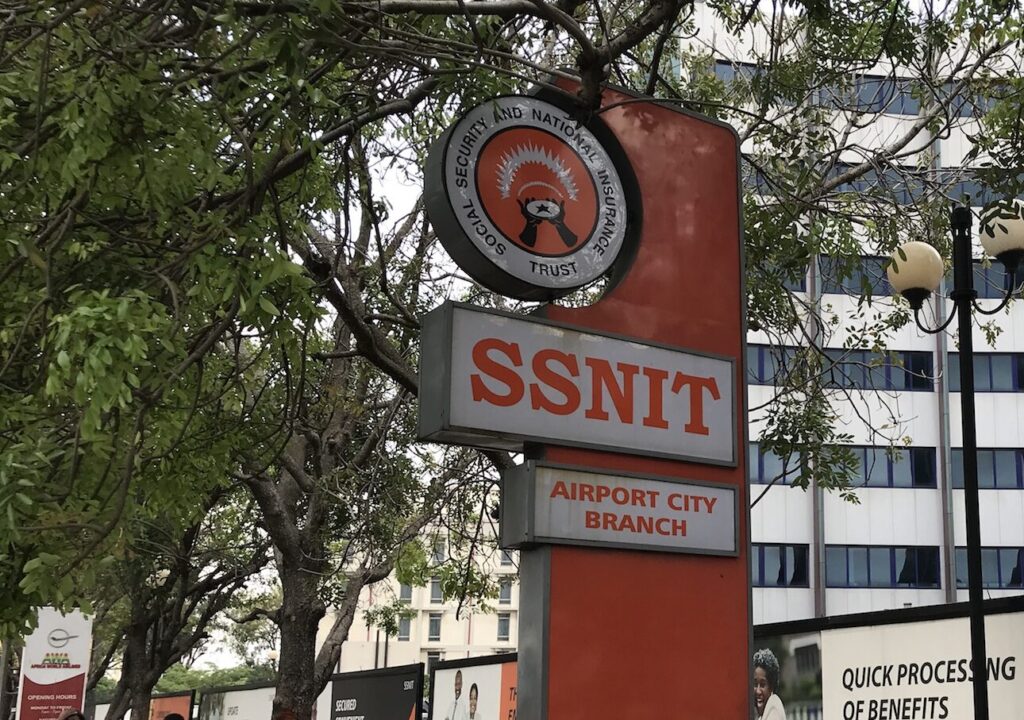Unclaimed Pensions: The Challenge of 2.75 Million Inactive SSNIT Accounts

An alarming crisis is quietly unfolding within Ghana’s Social Security and National Insurance Trust (SSNIT), as millions of contributors risk having their hard-earned benefits lost to a system marred by poor communication, rigid policies, and bureaucratic hurdles. Investigative findings reveal that as of May 21, 2025, over 2.75 million SSNIT accounts are classified as dormant, representing a critical failure in the country’s pension administration system.
Dormant accounts, according to SSNIT’s own definition obtained through a Right to Information request signed by Information Officer Emmanuel Klu, refer to contributors who have not made a valid payment in the past 12 months. While on the surface this may seem like a simple classification, behind each dormant account is a contributor—often deceased—whose family may be unaware of the benefits owed to them.
The issue is not just administrative—it is deeply personal and economically damaging. Families of deceased contributors are often left in the dark about potential survivor benefits. In most cases, unless family members actively notify SSNIT of a contributor’s death, no claim process is triggered. Tragically, many bereaved families are unaware of this obligation or are simply unable to navigate the system while dealing with their loss.
When deaths are reported, SSNIT begins a verification process to establish the identities of beneficiaries. However, this process is frequently slow, opaque, and burdened with red tape. While the Trust does attempt to reach out to potential beneficiaries when no claims are filed, the effectiveness of this outreach remains in question. In the meantime, families—often already financially vulnerable—are left waiting indefinitely.
Adding to the complexity is a contentious policy regarding survivor benefits: if a contributor dies after turning 75, their family is no longer eligible for these benefits. This stipulation, based on the assumption that the contributor has outlived their “insurable period,” raises serious ethical and legal questions. How can a contributor who paid into the system for decades be denied the right to have their family supported upon their passing?
The impact of these dormant accounts is massive. Not only do they represent potentially billions of cedis in unclaimed funds, but they also erode public trust in the country’s social security system. Contributors across the nation are beginning to question whether their retirement savings will ever truly serve their intended purpose.
SSNIT has attempted to address the situation through public education campaigns, social media engagement, and community outreach. However, these efforts have largely failed to reach those most affected—especially rural and low-income families who may lack access to digital platforms or formal education on such matters. Stronger partnerships with traditional media, civil society organizations, and local leaders could play a critical role in closing this information gap.
Another critical issue lies in the reporting and claims infrastructure itself. Expecting grieving families to navigate a complex bureaucratic system, often without guidance or support, is unrealistic. A more empathetic and accessible system is needed—one that proactively identifies potential beneficiaries and simplifies the documentation process.
This growing crisis points to a broader need for structural reform. SSNIT must reconsider its policies on survivor benefits, modernize its communication strategies, and create a more responsive claims process. It is also crucial for the Trust to conduct regular audits of dormant accounts and make transparent efforts to contact the next of kin of deceased contributors.
In a society where social protection mechanisms are essential to ensuring dignity and financial security, the stakes could not be higher. The number of dormant SSNIT accounts is not just a statistic—it’s a reflection of families left unsupported, contributors forgotten, and trust broken.
It is time for SSNIT to restore faith in the system and uphold its responsibility to those who entrusted it with their future.







